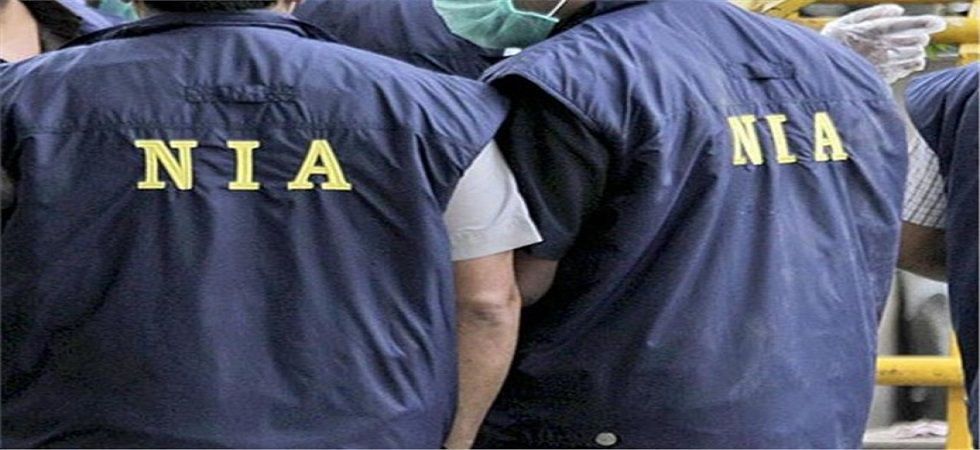The National Investigation Agency (NIA), according to its chief YC Modi, has circulated among states a list of 125 terror suspects, believed to be working for the Bangladesh based outfit Jamaat-ul Mujahideen (JMB); this outfit was banned in India in May. The tentacles of terror are, ostensibly, spreading to new corners of the country going by the NIA chief’s statement that JMB was expanding its footprint in Assam, Odisha and Jharkhand. Hatred is donning new faces as is its wont. But the regularity with which such reports have started emerging from India is alarming. If the reported spread of radical Islam perturbs the average Hindoo, it is bound to unsettle the average Moslem even more. With each new report of the spread of terror, the causes for polarisation are also on the rise.
The secular fabric of India has remained so largely because communities have not interfered in the business of the other. But over the seventy odd years since Independence, things have changed drastically for sections of the society. Economic development has lifted communities, particularly those that live in fear of the majority, out of subjugation and given them the strength to put up resistance. Economic empowerment has meant that they have become increasingly vocal about their rights and are ghettoising to leverage their newfound strength. Today the society is not as interwoven as it may have been in the past. Communities have coalesced into territories and have taken control of land. There is an ‘Israelisation’ of land by gradual colonisation and then consolidation of populations. It is happening at such a gradual rate that it has gone almost unnoticed in many parts of the country. The real threat lies in such consolidation of populations. What the NIA will be able to do is merely to be a canary in the mine raising alarms about the new threats. But it will not be able to bring any change in the potential seedbeds of terror that are cropping up within Indian society. The country will have to take conscious efforts to prevent the ghettoisation of communities so as to keep the society balanced in terms of numbers and political clout. The communal basis of franchise has to be consciously reversed and a national outlook infused in the minds of the citizenry to bring about change.
General Bipin Rawat has made an ambitious statement that the country will fight the next war with indigenous weapon systems and also win it. The real war, though, is out of plain sight and threatens to rend Indianness into shreds. The country will have to fight a war within its bounds on a massive scale to bring light into some of the now darkened corners of the country. The challenge is finding solutions. A one-size-fits-all approach will not do. Internal wars should first target divisive forces that plant the seeds of hatred in minds. Unless they are weeded out, exercises such as National Register of Citizens across states will only help in doing a peripheral clean-up that cannot address root causes. The citizenry of this country will have to start feeling love for this land and accept its plurality for terror networks to break. The powers that be will have to introspect whether they have the wherewithal to achieve such a feat. Else, the alarms that are being raised will only lead to further schisms.
